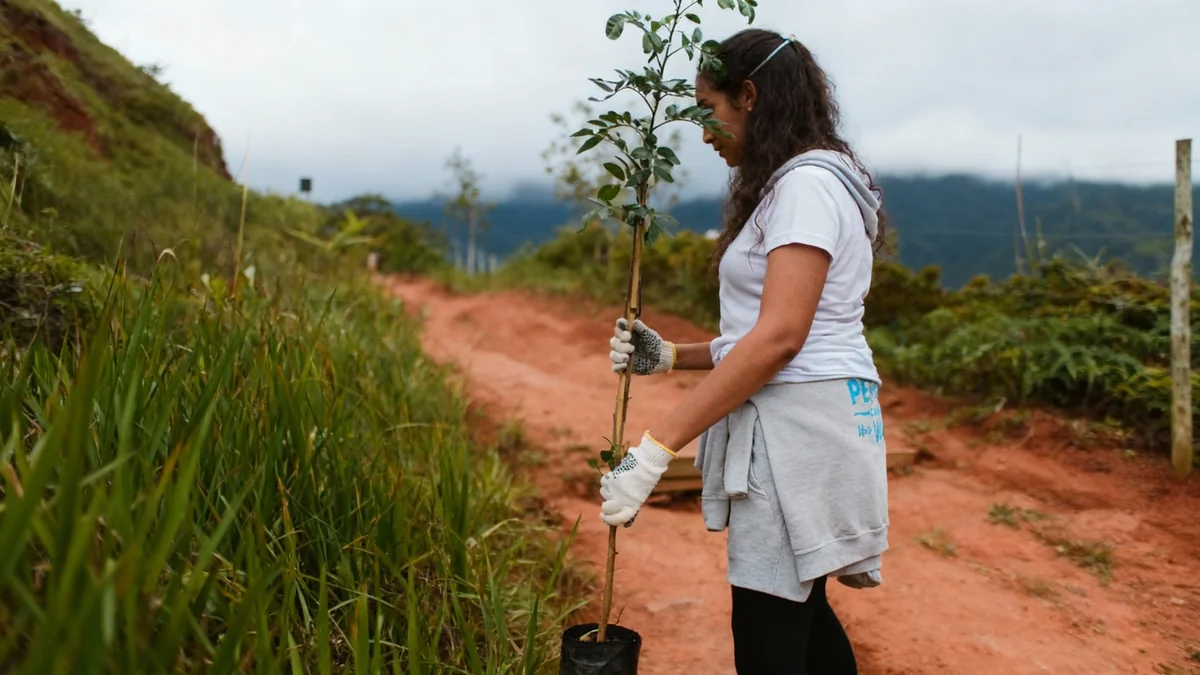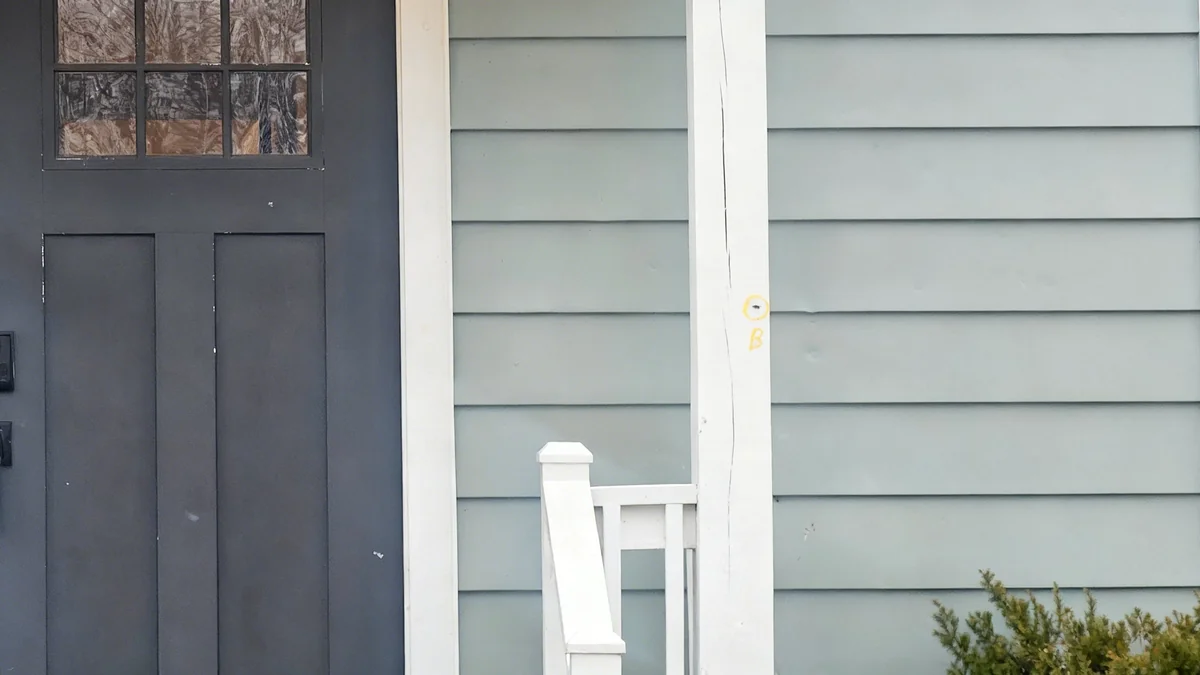The appeal of volunteer travel, exchanging skills for accommodation and cultural immersion, has grown significantly in recent years. Millions of travelers, especially younger generations and digital nomads, are seeking authentic experiences beyond traditional tourism. However, as the industry expands, so do the potential risks, with some volunteers encountering vastly different realities than advertised.
Key Takeaways
- Volunteer travel platforms connect millions globally, offering diverse opportunities.
- Experiences range from positive and transformative to misleading and exploitative.
- Safety concerns are particularly relevant for solo female travelers, who comprise a majority of participants.
- Platforms emphasize personal responsibility while also implementing safety measures.
- Thorough research and backup plans are crucial for all volunteer travelers.
The Rising Popularity of Volunteer Travel
Volunteer travel, often called 'voluntourism,' has deep roots. It is essentially a modern form of bartering, where travelers offer their skills in exchange for a free stay. This concept has existed for centuries, but the internet has fueled its recent explosion in popularity.
Platforms like Worldpackers, Workaway, and Worldwide Opportunities on Organic Farms (WWOOF) now connect millions of volunteers with hosts across the globe. Worldpackers, for instance, claims over seven million members from 140 countries, making it a major player in this growing industry. Workaway lists 50,000 experiences, and WWOOF boasts over 100,000 members.
Industry Growth
- Worldpackers: Over 7 million members in 140 countries.
- Workaway: Offers 50,000 experiences.
- WWOOF: Attracted over 100,000 members.
Diverse Opportunities Attract Many
The types of volunteer opportunities available are incredibly varied. Travelers can find roles as receptionists, cleaners, or party promoters in hostels. Surf schools often need teachers, and local families sometimes seek childcare workers. Creative individuals can find gigs as live musicians or artists tasked with decorating buildings.
Ricardo Lima, co-founder and CEO of Worldpackers, notes that nearly half of their hosts are non-profit organizations. These organizations often rely on volunteers as essential to their operations. Lima also highlights that younger generations are seeking more than just sightseeing; they desire immersive and authentic experiences, making volunteer travel an attractive option.
The Promise Versus Reality: A Traveler's Story
Naiara Saiz Bilbao, a digital nomad from Spain, sought a volunteer opportunity in Costa Rica. She found a listing on a popular platform that promised social media tasks for a few hours daily, five days a week, in exchange for a free stay at a stylish hostel by the sea. The idea of living near the ocean in a lush jungle setting, complete with a pool, seemed perfect.
As an experienced solo female traveler, Saiz Bilbao felt confident in using a paid platform for security. She believed such a program would ensure her safety and well-being. However, her experience quickly turned sour upon arrival.
"At least I’m going to feel safe. With a volunteer program organized through a paid platform, you feel sure the place you’re going to will take care of you."
— Naiara Saiz Bilbao
A Disappointing Arrival
Saiz Bilbao arrived at a dilapidated building still under construction. The entrance was a long stretch of stairs leading to a windowless hostel. "It was a disaster," she recalls, adding, "It looked like a jail." The appearance was just the beginning of her problems.
Despite agreeing to social media tasks, she was instructed to clean toilets and other areas. This started as a small task every other day, then became daily, eventually extending to eight hours per day. She received no protective equipment or training for the toxic cleaning chemicals she was using. "The bleach was burning my fingers," she stated.
The situation escalated when Saiz Bilbao discovered $400 missing from her backpack. After confronting her manager and stating she would leave, she was allegedly offered $50 to prevent her from posting a negative review. She refused the offer.
Volunteering vs. Unpaid Labor
The line between a cultural exchange and unpaid labor can become blurred. Platforms often stress that these are not jobs but cultural experiences. However, some hosts may exploit volunteers by assigning excessive or inappropriate tasks, deviating from the initial agreement.
Transformative Experiences: The Other Side of the Coin
While Saiz Bilbao's story highlights the risks, many travelers have genuinely transformative experiences. Jenna Pollard, from South Dakota, volunteered at a family peanut farm in northern Thailand for 10 days in 2016. She sought a more connected way to travel, beyond simply staying in hotels and seeing tourist sights.
Pollard's experience was profoundly positive. "I made friends, learned some language, helped out with a ton of projects and ate amazing food," she shared. She cherishes memories of her host's 10-year-old daughter and the bamboo structures where they lived.
Today, Pollard serves as the engagement and education program manager at WWOOF USA. She views volunteering as a life-changing journey. "For a lot of people, they come out of it feeling like their faith is restored in humanity," she explains. This transformative power, she believes, comes from strangers connecting and living in harmony with each other and the planet.
Navigating the Risks: Safety and Preparation
The question arises: is volunteer travel inherently riskier than traditional travel? Major platforms assert that they prioritize volunteer safety. Helpstay's founder personally reviews every host, and WWOOF conducts ID checks, requesting photos of sleeping and eating areas.
Worldpackers vets hosts based on references and inspects locations when possible. All platforms monitor performance through reviews and offer support services, including hotlines for issues. However, they also emphasize that they primarily provide a connecting service, and volunteers are responsible for their own safety.
Platform Safety Measures
- Helpstay: Founder personally reviews hosts.
- WWOOF: Conducts ID checks and requests photos of facilities.
- Worldpackers: Vets hosts via references, inspects locations where possible.
- All platforms: Monitor reviews and provide support hotlines.
The Role of Personal Responsibility
Shay Gleeson, founder of Helpstay, advises members to conduct their own research and have robust backup plans, as they would for any travel. He states, "We are not a hand-holding service. This is travel for grown-ups." Ricardo Lima of Worldpackers goes further, suggesting the risks of not traveling might outweigh the risks of travel itself.
However, Saiz Bilbao worries that the romanticized portrayal of volunteering on social media minimizes the need for such preparation. She feels that these platforms often target individuals who cannot afford regular travel, making bad situations particularly risky for them.
Women are particularly vulnerable to negative experiences, comprising approximately 70% of Helpstay's members and 64% of Worldpackers' members. Many women choose these platforms believing they offer a safer travel option, mitigating risks like harassment. When things go wrong, however, these are precisely the risks they can face, which Saiz Bilbao wishes were discussed more openly online.
Despite her negative experience, Saiz Bilbao encourages others to volunteer. Her main message is caution and thorough research. "Don’t not go," she advises. "Go, but be prepared."





